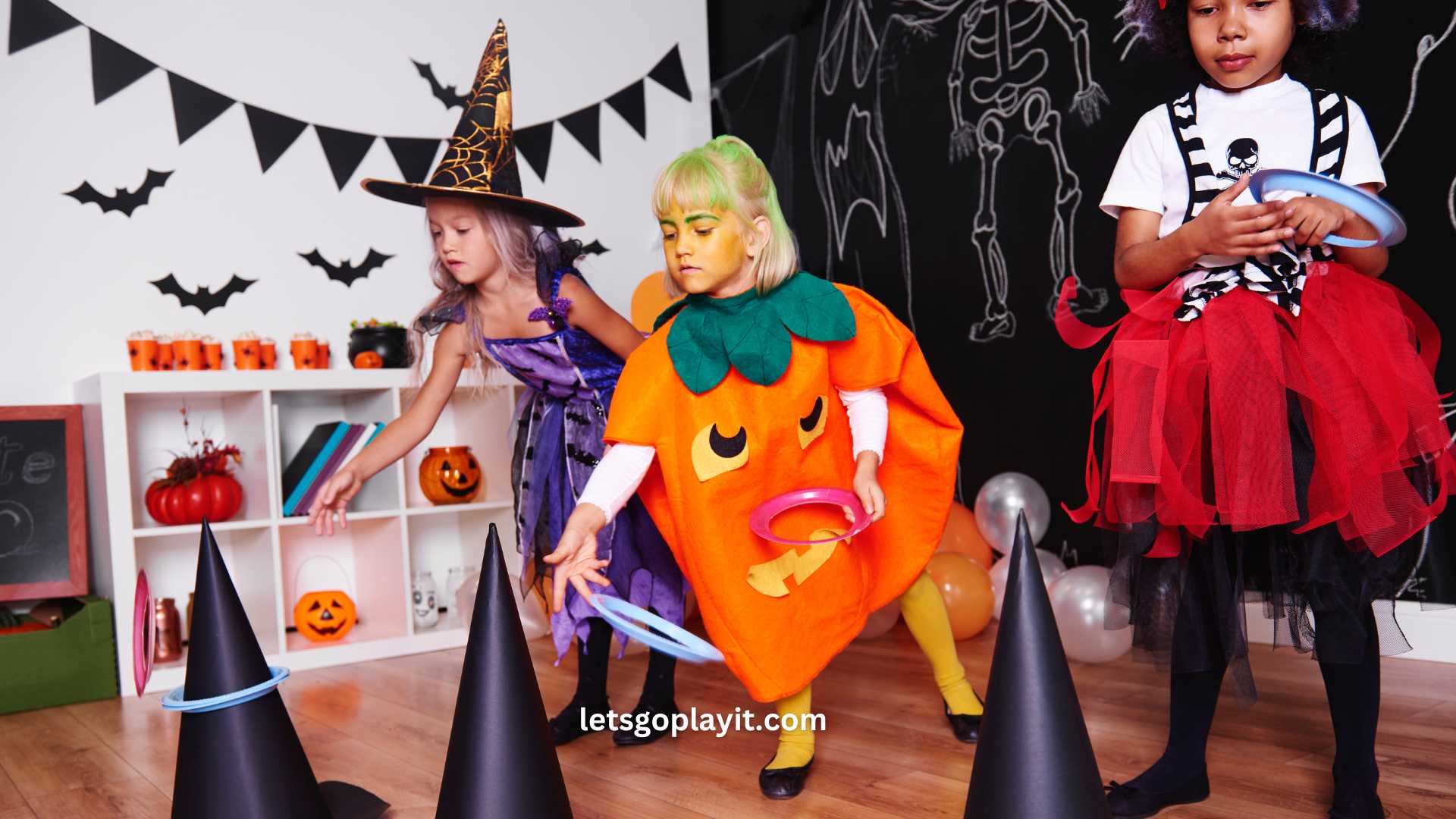Language is not just a means of communication; it’s a reflection of culture, emotion, and identity. This is particularly evident in Tagalog, the predominant language of the Philippines, which boasts a collection of words that are notoriously difficult to translate into English.
These words aren’t just linguistically unique; they often carry a sense of humor, warmth, and cultural depth that is quintessentially Filipino. In this article, we’ll explore some of these amusing and endearing Tagalog words that defy direct translation but offer a glimpse into the Filipino soul.
Without further ado, here are some funny Tagalog words that can be used for your parlor or party games.
What are some funny Tagalog words that are difficult to translate to English
- Namamahay: This term is often used when someone is not yet comfortable in a new environment or house
- Gigil: This word describes the overwhelming urge to pinch or squeeze something or someone that is extremely cute
- Tinga: This refers to food particles that get stuck between your teeth
- Kilig: This word was added to the Oxford dictionary in 2016 and refers to the thrill caused by an exciting or romantic experience
- Tampo: This term is used when you are not really angry at someone, but you are not happy with them either
- Pambahay: This refers to a comfortable set of clothes worn at home, away from judging eyes
- Lambing: This word describes an intense tenderness, sweetness, and affection
- Papak: This term is used to describe the act of eating a food item by itself that is normally eaten with rice
- Pikon: This word is used to describe people who are hot-headed, who get easily angered, or even sore losers
- Umay: This term describes the feeling of being satiated after eating a particular food over and over again
- Torpe: This word is used to describe a person who is too shy to express amorous desires
- Lihi: This term refers to an irrational craving for something, usually associated with pregnancy
- Basta: This word is often used to end a conversation or to express the finality of a decision
- Balikbayan: A Filipino visiting or returning to the Philippines after a period of living in another country.
- Bayanihan: The spirit of communal unity and cooperation to achieve a particular goal, often used to refer to the traditional practice of moving an entire house to a new location.
- Bulalas: An exclamation or outburst, often spontaneous and unfiltered.
- Harana: The traditional form of serenading in the Philippines, where a suitor sings beneath the window of their beloved.
- Kuliglig: Refers to a noisy, makeshift tractor or a loud insect (cricket).
- Pasalubong: Gifts or souvenirs brought home by travelers for their loved ones.
- Sulit: The feeling of getting more than what you paid for, in terms of value or satisfaction.
- Tabo: A small bucket or container, typically used for scooping water in the Filipino practice of bathing or washing.
- Tampo: A Filipino cultural behavior where one withdraws affection or becomes emotionally distant, not necessarily out of anger but sometimes to seek attention.
- Tsinelas: Flip-flops or slippers, often used casually or as indoor footwear in Filipino households.
- Usog: A superstition in the Philippines where an illness or general feeling of unwellness is attributed to greeting a stranger or someone with a strong presence.
- Walwal: Slang for going out and having an extremely good time, often involving drinking.
Here are the possible answers:
- Namamahay: Acclimating
- Gigil: Irresistible (as there’s no exact English equivalent)
- Tinga: Food-remnant
- Kilig: Thrilled
- Tampo: Sulking
- Pambahay: Homewear
- Lambing: Endearment
- Papak: Snacking
- Pikon: Touchy
- Umay: Satiated
- Torpe: Shy
- Lihi: Craving
- Basta: Enough
- Balikbayan: Returnee
- Bayanihan: Teamwork
- Bulalas: Outburst
- Harana: Serenade
- Kuliglig: Buzzing
- Pasalubong: Souvenirs
- Sulit: Worthwhile
- Tabo: Dipper
- Tampo: Miffed
- Tsinelas: Slippers
- Usog: Hexed
- Walwal: Partying
Tell us what you think about these words and share your party experience with us at the comment section.




